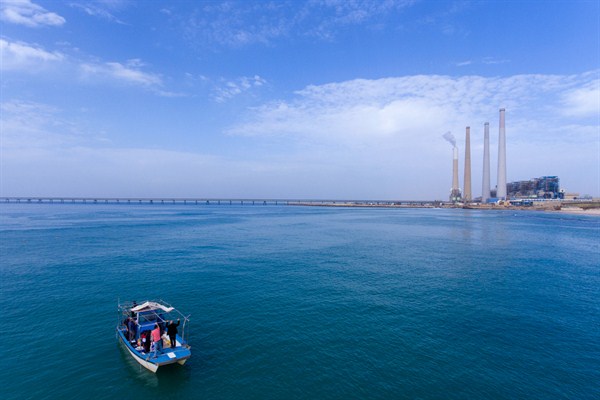Quietly but steadily, the most important environmental treaty that most people have never heard of is taking shape. Late last month, a United Nations committee released the draft text of a new, legally binding international convention to protect the “marine biodiversity of areas beyond national jurisdiction.” The so-called BBNJ treaty will promote the “conservation and sustainable use” of marine resources and living organisms in the high seas, an expanse encompassing 50 percent of the planet’s surface and all the water below.
The high seas are the quintessential global commons. Lying beyond any nation’s exclusive economic zone, or EEZ, which extends 200 nautical miles from shore, they belong to nobody—and to everybody. They are also poorly governed by an incomplete patchwork of bodies and treaties. The U.N. Convention on the Law of the Sea, or UNCLOS, is the closest thing to a legal code for the ocean. But while UNCLOS provides important rules regarding freedom of navigation and the extent of territorial seas, it offers minimal guidance on environmental conservation.
That is not just a tragedy but a threat to life on Earth. Once regarded as a barren realm, the open ocean is now recognized as a repository of extraordinary biodiversity, from mid-ocean seamounts to deep-sea coral fields. But the benefits of the high seas extend well beyond healthy fisheries and yet-to-be-discovered genetic resources. Carbon storage by phytoplankton buffers the planet from the full effects of climate change, an ecosystem service provided free of charge that economists value at between $74 billion and $222 billion per year. That does not count the ocean’s incalculable role in generating half the world’s oxygen.

